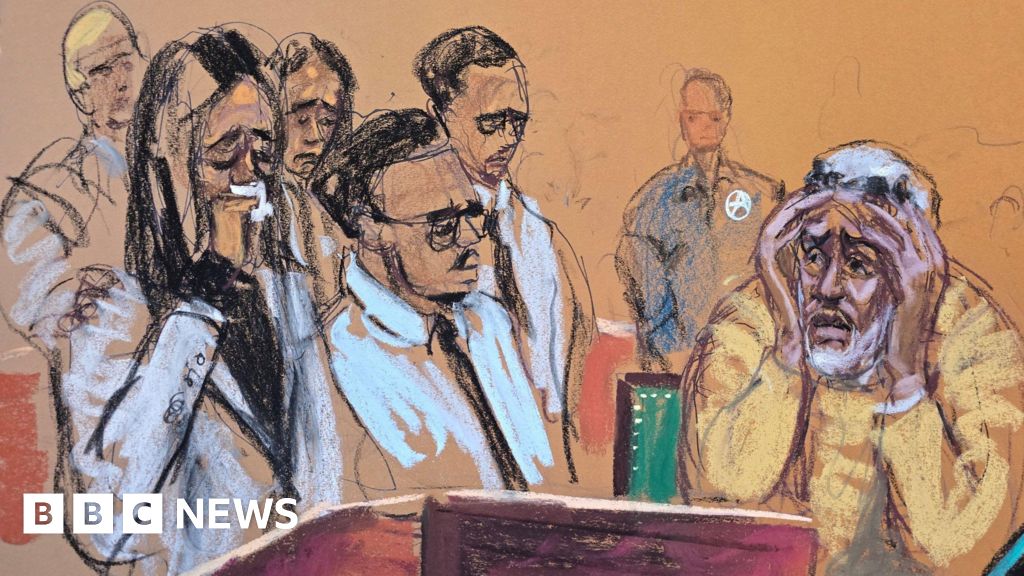Introduction to the Case
Sean "Diddy" Combs, a renowned hip-hop mogul, was sentenced to approximately four years in prison following his conviction on prostitution-related charges involving his two ex-girlfriends. The sentencing came after a lengthy trial that highlighted Combs’ history of domestic violence and abuse.
The Trial and Sentencing
Combs’ lawyers argued for a 14-month prison sentence, citing his reform during 13 months in a New York prison. However, the prosecution sought an 11-year sentence, emphasizing Combs’ history of domestic violence. The court heard testimonies from Combs’ children, his defense team, and the prosecution, which described the abuse suffered by Combs’ victims. Ultimately, Judge Arun Subramanian deemed a significant punishment necessary as a deterrent and to send a message.
Combs’ Apology and Statement
Before the sentencing, Combs addressed the court, apologizing to his victims, including his two ex-girlfriends, Casandra Ventura and "Jane," who testified under a pseudonym. Combs expressed remorse for his actions, stating, "My actions were disgusting, shameful, and sick." He also apologized to his mother and children, saying, "I’m so sorry. You deserve better." Combs asked the judge for a second chance, promising to never again jeopardize his time with his family.
The Prosecution’s Case
During the nearly two-month federal trial in New York City, prosecutors accused Combs of using his celebrity status and business empire to facilitate sex trafficking. They alleged that Combs engaged in "freaky parties" where he would pay male escorts to have sex with his friends while he watched and filmed. The government also argued that Combs forced women into unwanted sexual encounters using drugs and physical violence.
Combs’ Conviction and Sentence
Combs was convicted of transporting two women for prostitution but was not found guilty of the more serious charges of conspiracy and sex trafficking. He was sentenced to 50 months in prison, with credit for the approximately 13 months he had already served. Combs was also ordered to pay a $500,000 fine.
Reaction and Appeal
After the sentencing, Combs’ lawyer, Marc Agnifilo, announced plans to appeal the decision. Combs’ children and defense team had pleaded for leniency, describing him as a changed man who had developed and grown during his time in prison. However, Judge Subramanian remained unconvinced, stating that Combs’ actions were more than just those of a prostitution consumer and that he was not convinced that Combs was not responsible for the abuse suffered by his victims.
Conclusion
The case highlights the severity of domestic violence and abuse, as well as the consequences of such actions. Combs’ sentence serves as a deterrent, emphasizing the importance of accountability and justice for victims of abuse. As Combs begins his prison term, his family and lawyers remain hopeful that he will continue to reform and grow, ultimately emerging as a changed person.

